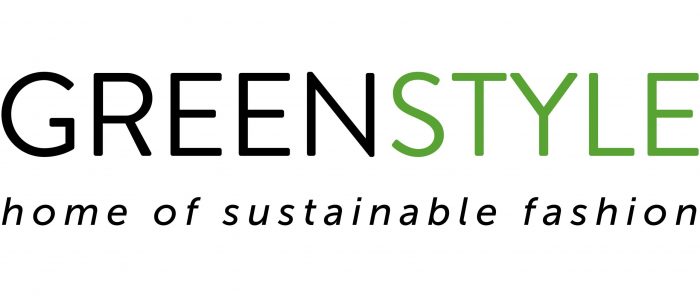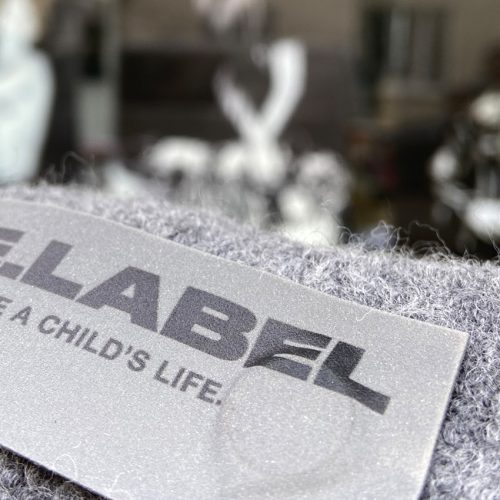The fact that a supply chain law is necessary has been clear since at the latest monitoring has shown that only 20 percent of the companies surveyed assume their responsibility abroad. 150,000 signatures (2019) and a corresponding commitment in the coalition agreement did little. During the pandemic and the obvious disasters along the textile value chain, the topic finally picked up speed in summer 2020. Hope? Yes. But still nothing has been formulated. Action must be taken now.
We spoke to Lisa Jaspers about the current status. Lisa is the founder of the Berlin fair fashion label Folkdays. She started the petition #fairbylaw two years ago because she lacked the political dimension in the fair fashion discussion. It was handed over with 153,845 signatures on November 27, 2019
Mirjam Smend: Lisa, up to now compliance with minimum social and ecological standards was voluntary for German companies abroad. Why should that change now?
Lisa Jaspers: Voluntary means: If you want, you can make sure that nobody is harmed. To be honest: we would all go to the barricades if our fundamental human rights were protected by voluntariness. In addition, surveys have shown that voluntariness doesn’t work.
Mirjam Smend: What exactly will change?
Lisa Jaspers: In the textile industry in particular, so much is bought in that nobody knows where things come from and under what circumstances they were produced. The law will change that. It must be clear which factory what comes from. Regular audits ensure that employees are treated well and that environmental standards are observed.

Mirjam Smend: What role does Corona play in this context?
Lisa Jaspers: Corona was and is a strong disruption of everyday life. That certainly changed something in people’s minds. The acceptance for such topics has increased. The tolerance for grievances is smaller.
Mirjam Smend: And criticism of the planned law is already loud …
Lisa Jaspers: The major trade associations see the supply chain law as a competitive disadvantage for German companies. Even business leaders have to admit that you don’t want to link your own rights to the profitability of companies. Of course, transparent supply chains mean a lot of effort and a short-term negative economic effect. But in the medium and long term, the supply chains will become more stable and the quality higher.
How effective it is depends on how consistently it is worded.
Mirjam Smend: And what does the law mean for consumers?
Lisa Jaspers: It means that in the future we will be able to buy products in Germany that have not been manufactured under extremely bad conditions. Ideally, there are good conditions at some point. For us as consumers, this is a very big advantage.
Mirjam Smend: What can happen now that the supply chain law does not work?
Lisa Jaspers: The plans were good, but it will be softened again – it should only come into effect with 5,000 employees etc. We have to be vigilant. In Switzerland, a corresponding law was so soft-washed by the business associations that it became completely ineffective. In France, the law only covers the 500 largest companies in the country. Civil society organizations such as the Supply Chain Act initiative and #fairbylaw are in demand to prevent this from happening to us. If we have the feeling that this is going to be a toothless tiger, we will point it out constructively.
This is how it looks (as of December 2020)
Parts of the federal government given in the summer of 2020 and initiated the supply chain law agreed in the coalition agreement. Concrete cornerstones were presented from the development and labor ministries. Resistance comes mainly from the Federal Ministry of Economics. Means: The government has not yet agreed on the framework conditions of the supply chain law. Progress is being prevented even though the urgency is well known.
Why is a supply chain law so important?
The purpose of a supply chain law is that companies must take care of their own value chains in order to prevent violations of human rights and environmental standards. Why is that so important. Click here >>>
5 minute activism
So that the supply chain law can still be launched in this legislative period, we can (and should) make this demand clear on the channel of the Federal Ministry of Economics @bmwi_bund:







